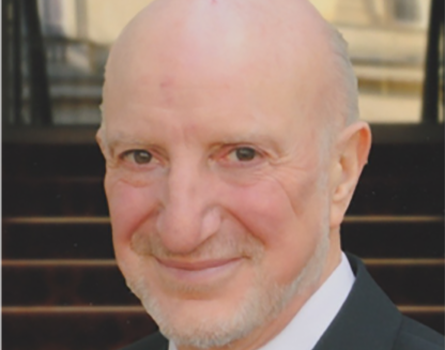Hypertriglyceridaemia (HTG) is an important risk factor for metabolic fatty liver disease – an umbrella term for multiple common chronic liver diseases for which triglyceride-lowering agents are starting to show encouraging benefits. Professor Robert Rosenson (Icahn School of Medicine at Mount Sinai, New York, USA) examines the evidence linking triglycerides to fatty liver disease and current and potential approaches to treatment.
ANGPTL4: An important regulator of cholesterol and triglyceride metabolism
As the first agents targeting ANGPTL4 progress through clinical trials investigating their potential to lower triglyceride levels, Professor Sander Kersten (Cornell University, New York, USA) considers the role of ANGPTL4 in lipid metabolism, its mechanism of action, and latest data supporting the growing interest in ANGPTL4 inhibition as an opportunity for reducing cardiovascular risk.
Using high dose EPA in patients with hypertriglyceridaemia
Recent data show that although elevated LDL-C may be well treated, hypertriglyceridaemia is still addressed less effectively. Professor Chris J Packard, Professor of Vascular Biochemistry, Glasgow, UK, reviews evidence on the use of high dose eicosapentaenoic acid (EPA) to lower triglyceride levels and reduce cardiovascular risk, stresses the importance of triglyceride testing, and discusses scenarios for adding high dose EPA or non-statin LDL-C lowering agents to optimised statin therapy.
The challenges of treating FCS and MCS: Where are we now?
As clinical trials of novel therapies show promising TG-lowering effects in patients with familial chylomicronaemia syndrome (FCS) and other forms of severe hypertriglyceridaemia (SHTG), Professor Henry Ginsberg (University of Columbia, New York, USA) discusses the causes, differential diagnosis and management of these challenging conditions.
Triglyceride metabolism and mortality: What is the link?
Higher rates of triglyceride metabolism have recently been linked to increased all-cause, cardiovascular, cancer, and other mortality, but what does it mean for practising clinicians? Professor Børge G. Nordestgaard (University of Copenhagen, Denmark) discusses the new findings and their potential implications.
Are remnants more atherogenic than LDL? Novel genetic insights
Elias Björnson, University of Gothenburg, Sweden, discusses data from a UK Biobank Study which investigated the association between triglyceride-rich lipoproteins/remnant cholesterol and risk of coronary heart disease, and the atherogenicity of those particles compared to low-density lipoprotein particles.










